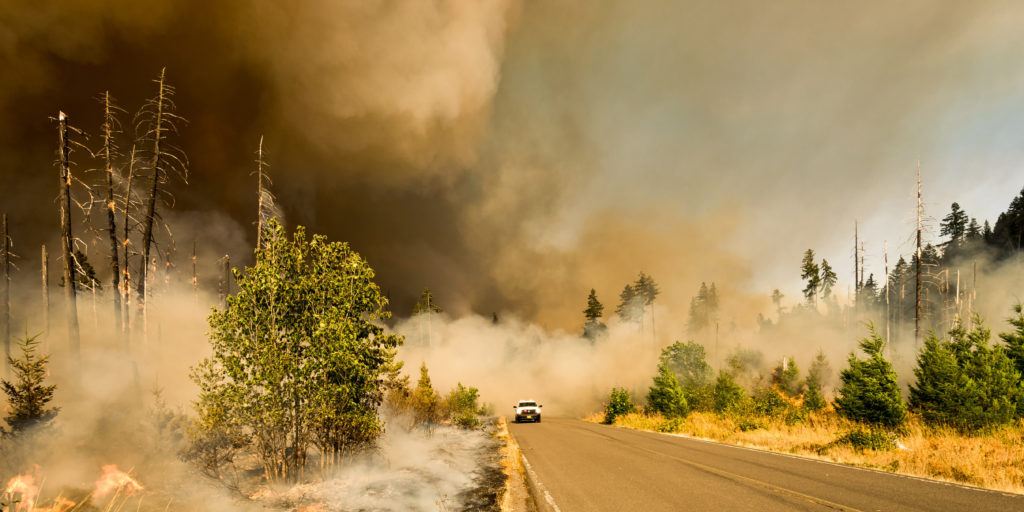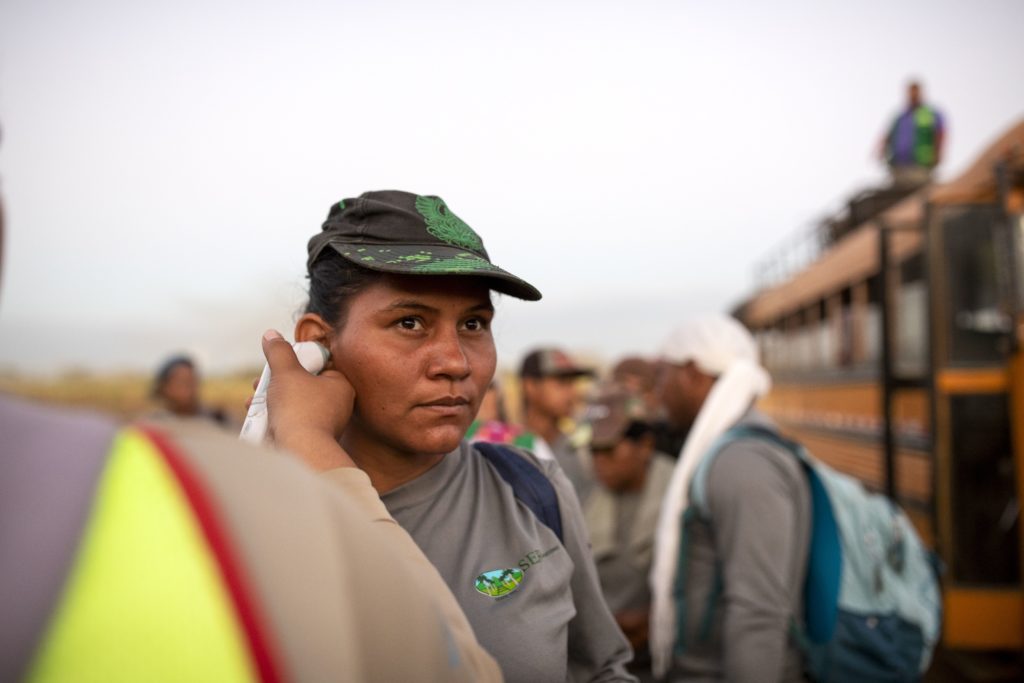2nd March 2022

This week, the Intergovernmental Panel on Climate Change (IPCC) published the second chapter, Climate Change 2022: Impacts, Adaptation and Vulnerability of its most detailed report in the past seven years. Once again, the warnings are stark: “The world faces unavoidable multiple climate hazards over the next two decades with global warming of 1.5°C (2.7°F). Even temporarily exceeding this warming level will result in additional severe impacts, some of which will be irreversible.”
The authors say that to avoid the loss of life and biodiversity, ambitious and accelerated action is required alongside cutting greenhouse gas emissions to adapt to climate change. Some of these topics are addressed directly in our new Production Standard, which was published just a few weeks ago.
To achieve certification against the new Standard, operators are being asked to develop a climate mitigation and adaptation plan to map biodiversity and natural ecosystems across their supply base. They should then use the data collected to create a biodiversity management plan to address the threats that sugarcane production poses to local biodiversity. The Standard has also increased the number of indicators on soil management, to prevent degradation and erosion.
In addition, we have strengthened Bonsucro’s greenhouse gas (GHG) calculation methodology, which will identify key contributing factors for GHG emissions and enable producers to take action to reduce them. We are also using our position as a platform to help actors across the whole sugarcane supply chain to reduce their GHG emissions.
Our buyer members regularly proactively contact us requesting information on how they can use Bonsucro certification to reduce their emissions. Since the beginning of the year alone, we have met with eight of our buyer members to support them to meet their scope 3 targets.
Local knowledge
The IPCC report highlights the importance of Indigenous communities and local knowledge. This is because “there are strong pointers that when we consider local knowledge, it empowers us to ask the right questions and develop answer more comprehensively”. Working collaboratively with local communities is critical to understand the landscape.
Our new Production Standard requires operators to implement sustainability policies that include Indigenous peoples’ rights. It also states that the use of land and water resources must not diminish the legal or customary rights of local communities. Certified operators are asked to demonstrate that they have identified and documented any legal and/or customary rights for land and water use. Additionally, when rights have been relinquished by Indigenous people or local communities that benefit the operator, the operator must be able demonstrate that the decision was reached through a process of Free, Prior and Informed Consent, in line with national legislation.
Health is a concern
The IPPC study says that diseases are more likely to spread in the warming world. We already know that agricultural workers, such as sugarcane cutters, can face harsh climatic conditions which can lead to health problems and even death. We have been addressing this threat through our work with the Adelante Initiative, which focuses on the need for farmers to protect the health of their workers. In fact, new research published in the British Medical Journal last month shows that repeated episodes of kidney injury driven by strenuous work in hot conditions, and continued work while experiencing such injury, are likely to lead to chronic kidney disease. To manage heat stress in sugarcane production, we have included more specific guidance in our Production Standard on sufficient rest, shade, safe water, and adequate sanitation for workers in the field.

Sugar cane workers get their temperatures taken, as part of the Adelante Project, at the Ingenio San Antonio, or San Antonio Sugar Mill, in Chichigalpa, Nicaragua on February 24, 2020. Photo taken by Ed Kashi.
Beyond the physical health impacts, the IPPC report states that climate change may be exacerbating mental health issues, including stress and trauma related to extreme weather events and the loss of livelihoods and culture. This is something we had also already considered and included in the new Production Standard. We now ask operators to consider their workers’ mental health in their health and safety management plans.
What next?
This chapter of the report echoes the message from the chapter published in August 2021 that urgent action is needed. The report authors say that we need “the whole of society to respond” with individual action, private sector action and government action. They also emphasise the need for continued flow of information and learning.
We have ambitious goals to improve the environmental impact of sugarcane. We believe that certification will play a critical role to drive environmental sustainability in the sector, especially with the revised Production Standard. We also believe that sugarcane can play a role in decarbonising the economy. We want to use our position as the leading global sustainability platform for sugarcane to bring the sector together and learn from each other. In addition, the quality and quantity of our data from many different origins and markets will enable us to positively influence global and national policies related to the production, distribution, and marketing of sustainable sugarcane.
We know there’s a lot to do, but we remain steadfast and optimistic. Our membership is committed, and it’s growing. Together, we will continue to accelerate the sustainable production and uses of sugarcane in response to the climate crisis.
If you want to know more, visit the climate action in sugarcane section of our website.





